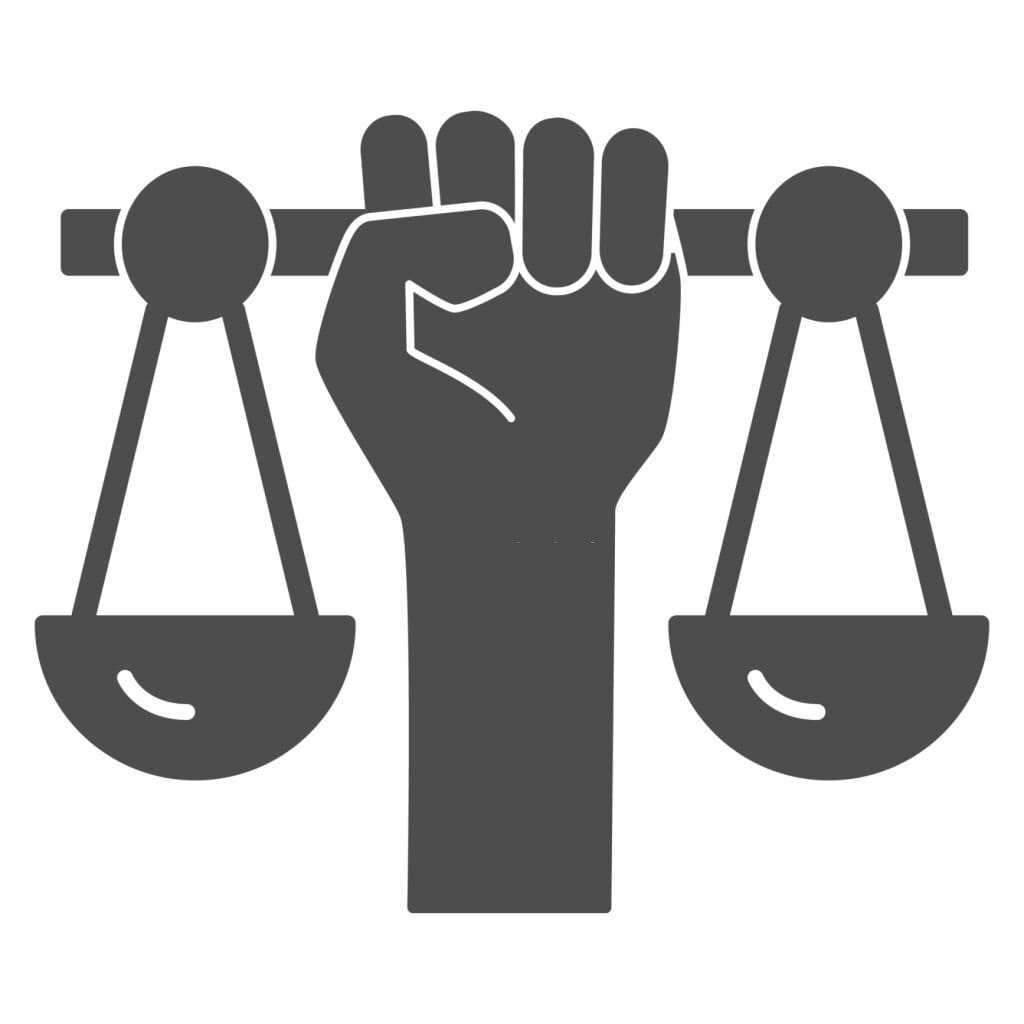The Civil Rights Movement: A Struggle for Equality and Justice
The Power of Nonviolent Resistance

Introduction
The Civil Rights Movement stands as one of the most transformative and impactful movements in American history. Spanning several decades, it was a collective effort by brave individuals and communities to dismantle systemic racism and secure equal rights and opportunities for African Americans. This blog delves into the key events, influential figures, and enduring legacy of the Civil Rights Movement, highlighting its profound impact on American society.
The Roots of Injustice
The origins of the Civil Rights Movement can be traced back to the deep-rooted racism and segregation that persisted in the United States for centuries. Slavery, which began in the 17th century, laid the foundation for racial inequality, with African Americans enduring centuries of oppression, exploitation, and dehumanization.
The Precursors to Change
While the Civil Rights Movement is most commonly associated with the mid-20th century, its seeds were sown long before. Early pioneers such as Frederick Douglass and Harriet Tubman led the charge against slavery in the 19th century. The Reconstruction Era following the Civil War brought some progress, including the 13th, 14th, and 15th Amendments to the Constitution, which abolished slavery, granted citizenship, and protected voting rights for African Americans.
Jim Crow Era and Plessy v. Ferguson
However, the promise of Reconstruction was short-lived. The rise of Jim Crow laws in the late 19th century enforced racial segregation and discrimination, particularly in the Southern states. The 1896 Supreme Court decision in Plessy v. Ferguson upheld the constitutionality of "separate but equal" facilities, effectively sanctioning segregation.
The Catalyst: Brown v. Board of Education
Change began to stir with the landmark 1954 Supreme Court case, Brown v. Board of Education. The Court declared state laws establishing separate public schools for black and white students to be unconstitutional, marking a pivotal moment in the fight for civil rights. This decision, spearheaded by Thurgood Marshall and the NAACP Legal Defense Fund, challenged the foundation of segregation.
The Montgomery Bus Boycott
Rosa Parks, often called the "Mother of the Civil Rights Movement," refused to give up her bus seat to a white passenger in Montgomery, Alabama, in 1955. Her arrest led to the Montgomery Bus Boycott, a year-long protest that resulted in the desegregation of Montgomery's buses and catapulted a young minister named Martin Luther King Jr. to national prominence.
Nonviolent Resistance and Civil Disobedience
The Civil Rights Movement embraced the principles of nonviolent resistance and civil disobedience, heavily influenced by the teachings of Mahatma Gandhi. Leaders like Martin Luther King Jr., Ella Baker, and James Lawson organized sit-ins, boycotts, and peaceful protests to challenge segregation and demand equality.
The March on Washington
In 1963, the March on Washington for Jobs and Freedom brought together over 200,000 people from diverse backgrounds to advocate for civil rights. It was at this iconic event that Dr. Martin Luther King Jr. delivered his historic "I Have a Dream" speech, a powerful call for racial harmony and justice.
Civil Rights Act of 1964
President Lyndon B. Johnson signed the Civil Rights Act into law in 1964, outlawing discrimination based on race, color, religion, sex, or national origin. This groundbreaking legislation not only ended segregation in public places but also paved the way for equal employment opportunities.
Voting Rights Act of 1965
The Voting Rights Act, signed into law by President Johnson in 1965, aimed to eliminate racial discrimination in voting. It banned literacy tests and other discriminatory practices, enabling millions of African Americans to exercise their right to vote.
The Struggle Continues
While significant progress was made during the Civil Rights Movement, the struggle for racial equality and justice persists. Issues such as voter suppression, systemic racism, and police brutality continue to spark activism and calls for change. The legacy of the Civil Rights Movement serves as a reminder of the importance of unity, perseverance, and the ongoing fight for a more equitable society.
Conclusion
The Civil Rights Movement was a testament to the power of collective action and the unwavering commitment of individuals who refused to accept racial injustice. It reshaped the course of American history, dismantling legal segregation and inspiring future generations to continue the fight for civil rights. The struggle for equality and justice remains a defining chapter in the ongoing quest for a more inclusive and equitable society.





Comments
There are no comments for this story
Be the first to respond and start the conversation.